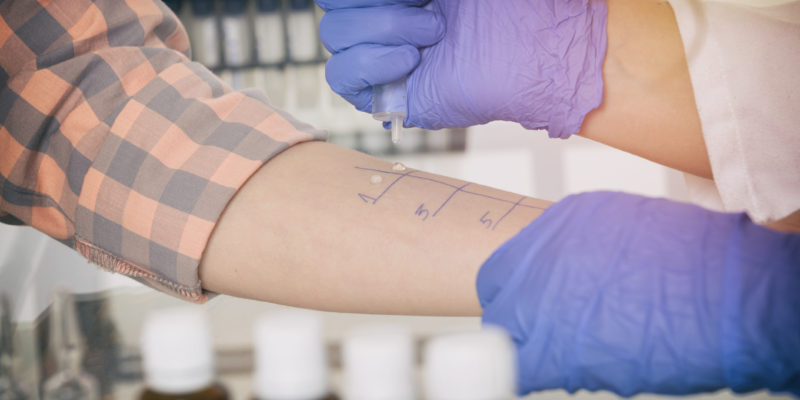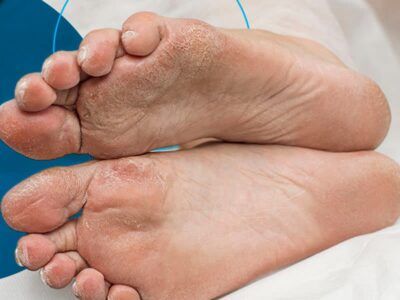Over 50 million Americans experience allergies every year. Therefore, you are not alone if you are experiencing debilitating symptoms. It can be easier to manage your reaction if you know the cause but frustrating if you do not perceive what you are allergic to. But you can seek help from Kingwood allergy testing specialists to find out what usually triggers your allergic reaction. Ensure you talk to your provider about what you think is associated with your reactions to guide them on the tests you might need. Here are some tips for you.
Determining the Type of Skin Test you Need
Several skin tests can be applied to diagnose different allergies. Your provider can recommend an injection test, patch test, or prick test but will work with you to determine the best test for you. Prick tests can test for mold, pollen, food, and dander allergens at once. But if you think you are allergic to penicillin or venom, you should have an injection test. You can consider a patch test for delayed reactions or if you suspect contact dermatitis is responsible for your reaction.
Consult Your provider about Your Medications
Some medications can interfere with tests like skin tests and should be avoided when going for your appointment. Talk to your doctor to understand if medications have an effect and learn how to skip or change the prescription before going for testing. Generally, you need to stop taking suspicious medicines about ten days before your appointment. This includes certain heartburn medications, asthma medications, tricyclic antidepressants, and antihistamines.
Expect Slight Discomfort
When going for a kin test, please expect slight discomfort, especially in the area being tested. Your skin can react before the test is completed becoming slightly swollen or red. It can also develop itchy bumps or experience a severe allergic reaction, although rare. The slight discomfort can last for up to a few days but will go away.
Expect Results in about 20-40 Minute
Note that you will wait for your results in your doctor’s office. This can take up to forty minutes while your provider looks at your skin and reads the results. You will then discuss your results with your provider to understand the mitigation measures you need to take to avoid allergic reactions. You might need to take medications, make lifestyle changes, or change your diet.
Ask for a Blood Test if You Have a Skin Condition
Although skin testing is a more accurate way of testing for allergies, it might not be right for you if you have a skin condition. In this case, your provider will recommend a blood test, especially if you have psoriasis or eczema. Your blood will be used to test for dander, medicine, or pollen allergic reactions. You can expect some minor discomfort or fewer side effects on the blood-drawing site.
Wait for Blood Test Results
Blood work can take several days or weeks, and you will have to wait all long for the results. This is because the blood will have to be sent to the lab and analyzed, and you will not get the results in the same appointment of your testing. You will then discuss with your doctor your blood test results to know the way forward.
An allergic reaction can be debilitating and frustrating if you do not know the cause. Reach out to Supreme All Care today to book your allergy testing appointment. Your provider will evaluate your needs to help you understand the right tests for you.













Comments